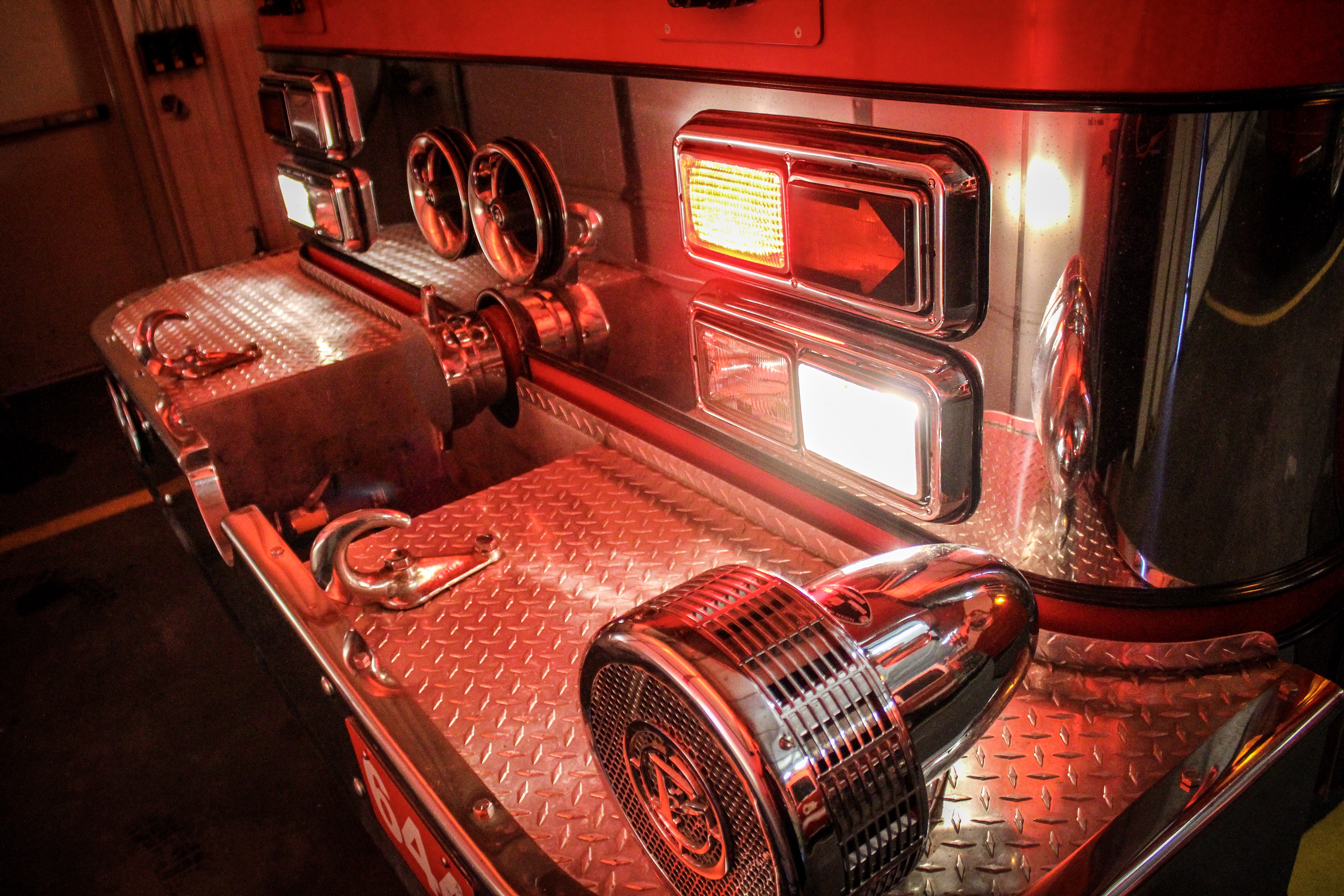Ensuring our senior citizens get the care they deserve. Sen. Jan Hochadel (D-Meriden), chair of the Committee on Aging, joins Mike to discuss a bill that would require more transparency into how nursing homes are spending federal and state dollars, and how much of it goes directly to care.
Mike Hydeck: So are capital investment companies pocketing federal money that should be used to care for senior citizens in Connecticut? State lawmakers are calling out for more transparency to find out if these allegations are true. Joining me now to talk about a bill to try to make that happen is Deputy Majority Leader Sen. Jan Hochadel, good to see you. Your first time on Face the Facts. You're from Meriden, you're also the chair of the Committee of Aging. So this is right in your wheelhouse. First up, the concern about federal money that's afforded to some of these nursing homes towards senior care where is some of it going?
Jan Hochadel: So the federal money, but there's also Connecticut state money with Medicare, that go into our nursing homes. And by statute, some of it goes to direct care, directly to the patient. Some goes to indirect care, which is laundry service, housekeeping, food services. Some of it goes to management, or administration. Some of it goes to the building itself. So it goes to different places.
Mike Hydeck: So I read a report, I think it was in the Connecticut Mirror about, in some cases 51 percent goes to senior care and the rest goes to wherever. Rent, things like that. Is that a concern? Should that be changed?
Get Connecticut local news, weather forecasts and entertainment stories to your inbox. Sign up for NBC Connecticut newsletters.
Jan Hochadel: We have been looking at what other states are doing. And that's why there is a bill, Senate Bill 159. We suggested that a certain portion of Medicaid dollars should go directly to the direct care of patients. We passed the bill last year that said, it was a transparency bill, that we said nursing homes have to send reports to the Department of Social Services, and show us where the funds go. We haven't been able to look at those reports, as of yet. But we also were trying to pass a bill last year to increase the hours that a patient would receive. Right now it's three, hours, yeah, per patient per day. And right now it's set at three hours per day. We wanted to go incrementally up to 4.1. And what we heard from testimony is that a lot of people said, Look, we have a nursing crisis, we can't get folks or it cost too much. So over the summer, we looked at those things, we visited nursing homes, and we found there are very, very good nursing homes that are already meeting those standards. Usually they're the nonprofits. But we said, how do you do it? And they said, well we retain our nurses and we do that with good pay good benefits, giving a voice, giving them respect, making them feel safe in the workplace.
Mike Hydeck: They don't want to leave.
Jan Hochadel: And they don't want to leave. But then we found other nursing homes that there's a shortage because people don't want to go to work there. Usually, it's because they're not paid as well, because they don't have as much staff, they feel less safe around some of the patients. Basically, they're underpaid, and overworked. So our thought is like, how do we look at this? What are the models that are out there?
Mike Hydeck: How can we replicate it? So as someone who's looked at nursing homes in recent years, you could do it with the eye test as soon as you walk in, you go, "I'm not putting my mom or dad here." And I'm sure if you start to go through the books, lawmakers could find things out and say, "Look, this is where money is getting funneled, instead of where it should be." Where are we in trying to make that transparency a reality?
Jan Hochadel: And that's a great question. So that's what the bill was about this year, after a lot of testimony. I think we still have to have more conversations. And that's what we plan to do this summer and bring in all of those stakeholders have those conversations. Do we have private equity firms or management companies that are siphoning off?
Mike Hydeck: So it's about profit, it's not about care. Right?
Jan Hochadel: Exactly. And is that why they're not able to spend the money on their staff and things that are really needed for the safety and well being of the patients?
Mike Hydeck: Do you feel it's going to be difficult to try to pull that off? I mean, people like keeping their books private, that's not an easy thing to go look, open your books, and they say, okay. That doesn't really happen very often.
Jan Hochadel: But they already have to report to the federal government. And now they have to report to the state. So what we're saying is, we just want to hear what is those summaries, what does it look like? And again, what is the model homes look like? What are they doing right? And how can we replicate that.
Mike Hydeck: People can be elusive when you ask them to look at their books. Is there a way that you can, I mean, they can show you part of their books, they're not just saying. Because you can ask for things. And they don't have to, by law, show them to you. Should we change the law? So they have to show that to you?
Jan Hochadel: And that's a great question. That's the other thing that's being asked, because some of the nursing homes, they may have one portion that is directly towards the nursing home, but then there's the management company and maybe the private equity company, and we don't get to see what that looks like. And that's the big debate is, should we be able to look at those funds, find out are funds being siphoned off?
Mike Hydeck: What kind of feedback are you getting from the Governor, your colleagues across the aisle, on trying to move this forward? Where are we with it and where does it go next?
Jan Hochadel: So we had our meeting. It left committee, and it's now going to be studied during the summer. Last year, our friends across the aisle were hesitant about moving from three to four hours per patient. And this year, we've talked a lot to a lot of people, and I think they're on board with us. It passed our meeting unanimously. I think they also want to know where is the money going? And you know, how do we make patients safe.
Mike Hydeck: And the big elephant in the room is get more nurses and keep them employed in their places.
Jan Hochadel: Absolutely.
Mike Hydeck: Senator Hochadel, thanks so much for joining us on Face the Facts. We appreciate your time.



